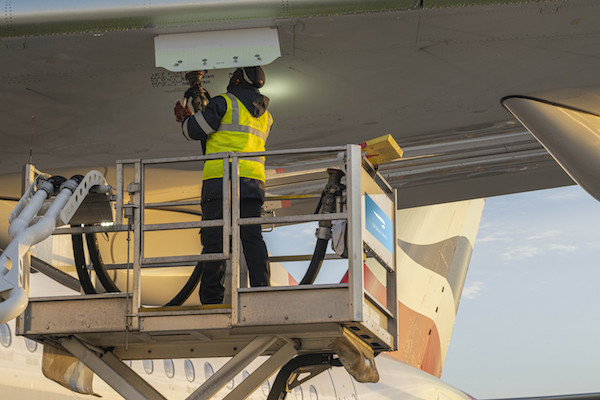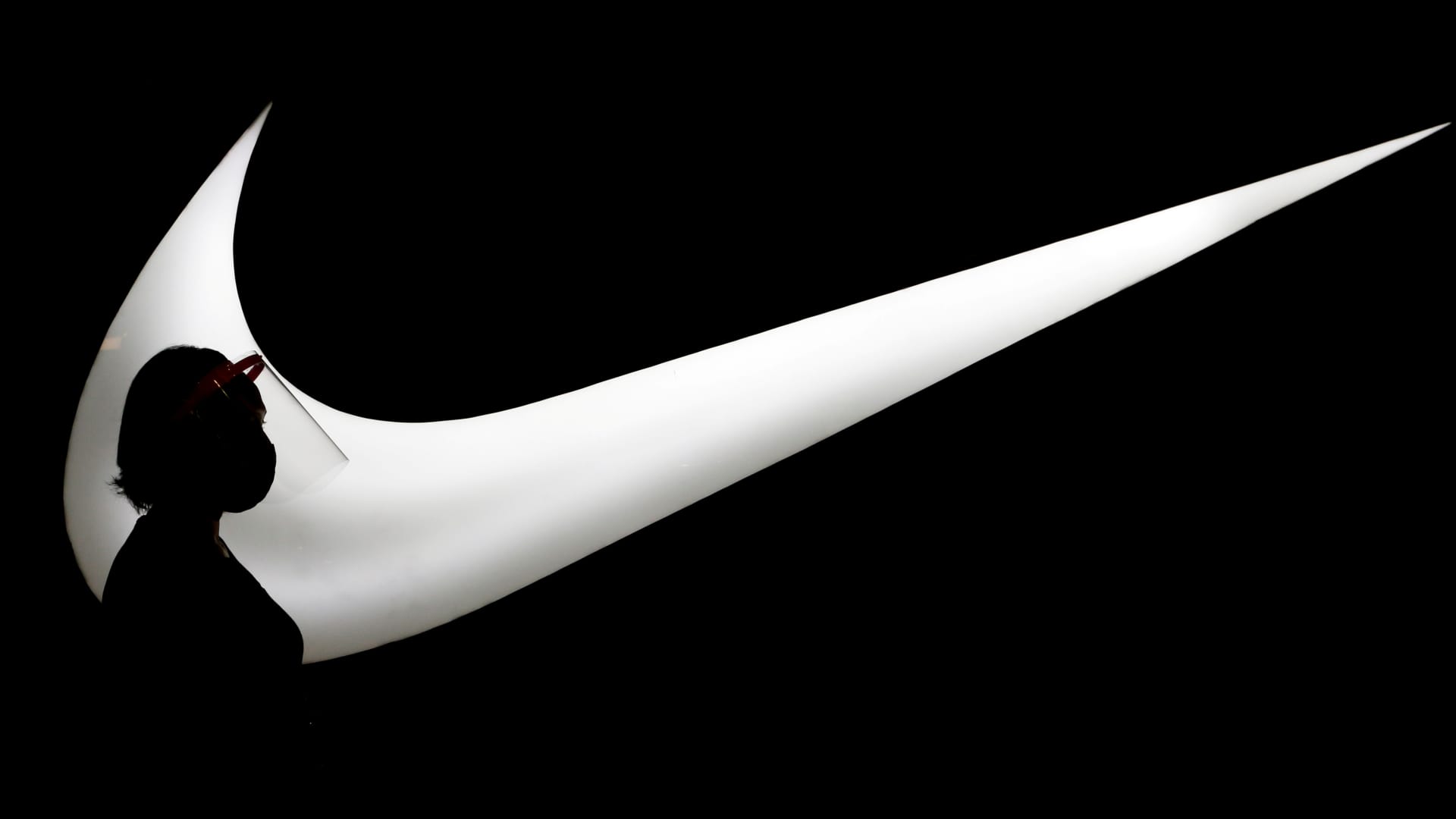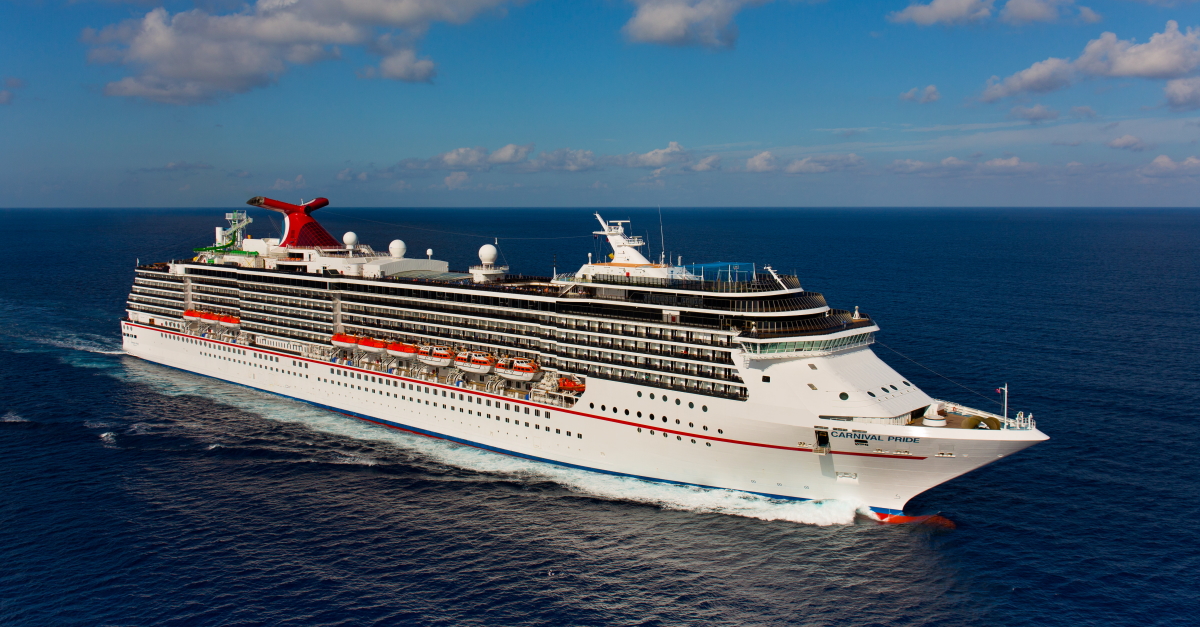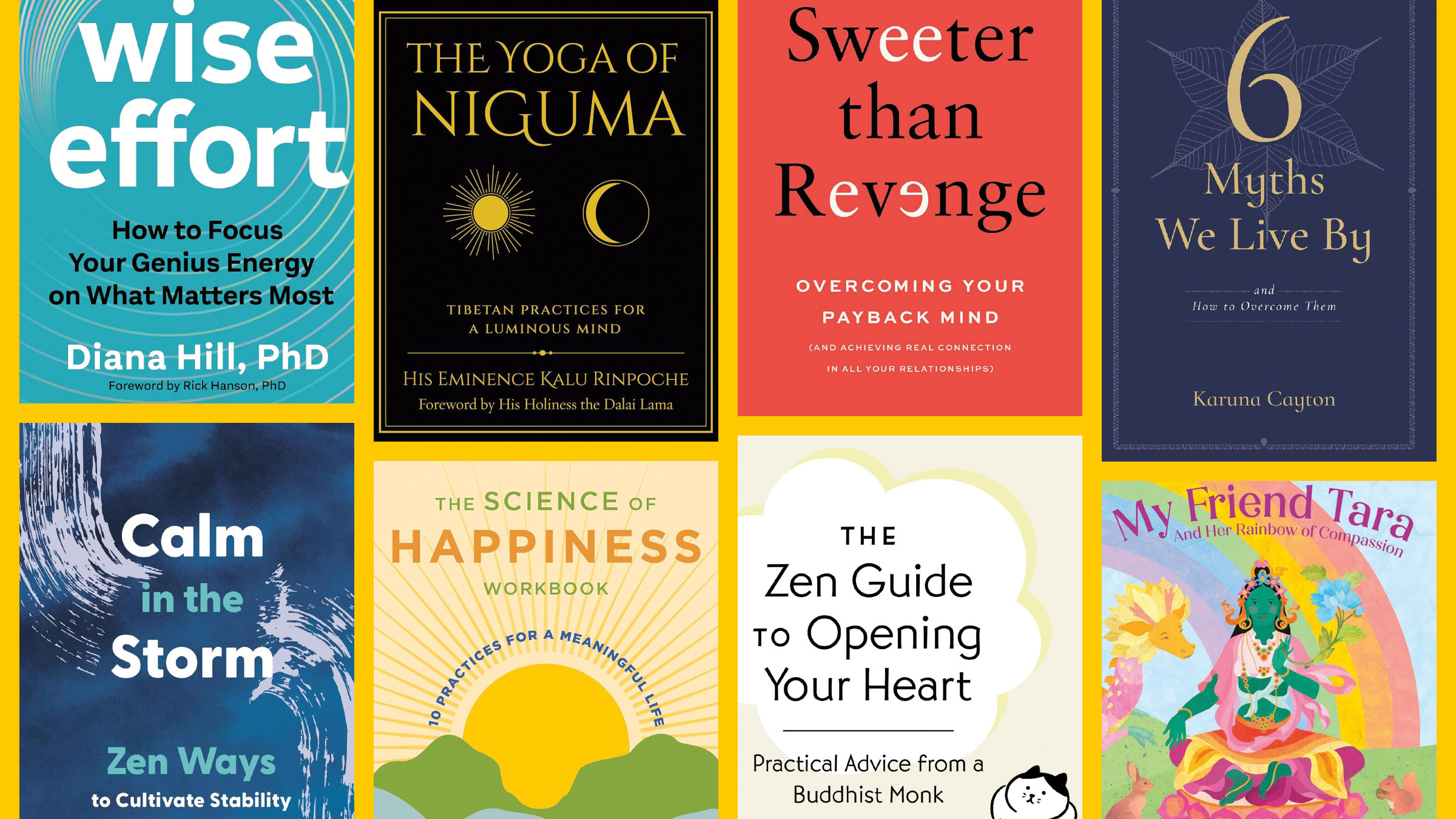Industry needs more training on accessibility, conference hears
Agent Doey Mulligan encourages delegates to ‘broaden their lens’

The travel industry still has a lot of work to do to ensure travellers with hidden disabilities and additional needs receive the support they require, InteleTravel’s annual conference heard.
Ireland-based agent Doey Mulligan (pictured), who was involved in a road collision 10 years ago which continues to affect her everyday life, said regular training was needed “from the top to the bottom” of the sector.
Pointing to her sunflower lanyard, which indicates the wearer has hidden disabilities, she said: “There still needs to be a whole load of work so people understand what this is.”
During a panel session on diversity and inclusion, Mulligan said one-off training was not sufficient.
She also encouraged delegates to adopt a different mindset during their stay in Sorrento and thereafter.
“Adjust your lens as you’re walking around the hotel,” she said. “How long are you walking to the toilet? How long to the restaurant?
“When you’re on fam trips or invited to any cruise ship or hotel, look at it through the lens of somebody with a less able body. Broaden your lens of what you’re seeing.”
It is vital that agents know their customers well and ask the right questions so their needs will be fully catered for when they are on holiday, she said.
“The world becomes very small when you have a disability and it’s our job to open up the world to them,” she added.
Dee Shahzad also highlighted the importance of training and agreed that agents must make it their duty to find out as much key information as possible from clients who might have additional needs.
“Take responsibility and don’t put it back to the client to tell you – you need to prompt them,” she said, recommending face-to-face conversations or discussions over video-call as the ideal format.
“Don’t attack clients with questions – build it into conversation,” she added.
Kathryn Freeman, who has a child with autism, called on cruise lines to offer “accessibility days” so families can “try before they buy” if any member has additional needs.
“The people we’re talking about are a large percentage of the population,” she added.
Lucille Furlong emphasised the importance of carrying out thorough research in cases where a client has particular needs or protected characteristics, adding: “Google is your friend.”
She gave the example that little more than 30 countries have legalised same-sex marriage.
“We’re very careful about where we go, even down to hotel brands,” said Furlong, who has two children with her wife.

 UsenB
UsenB 































